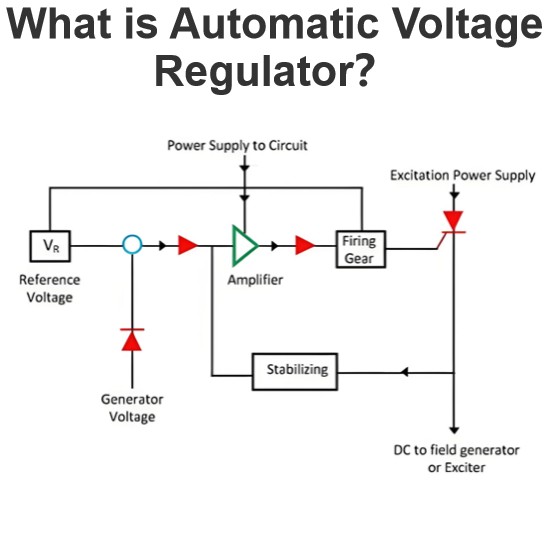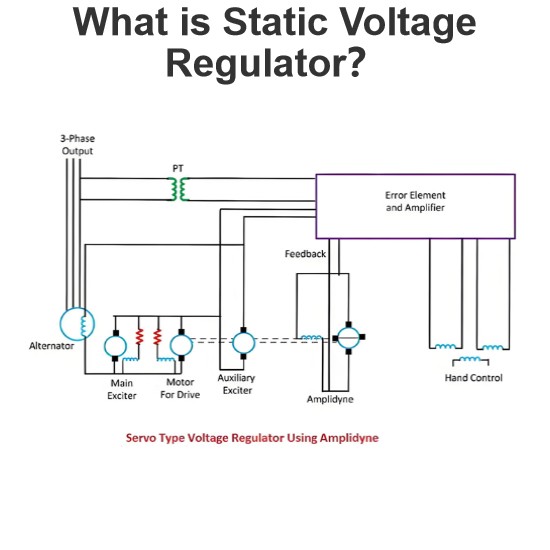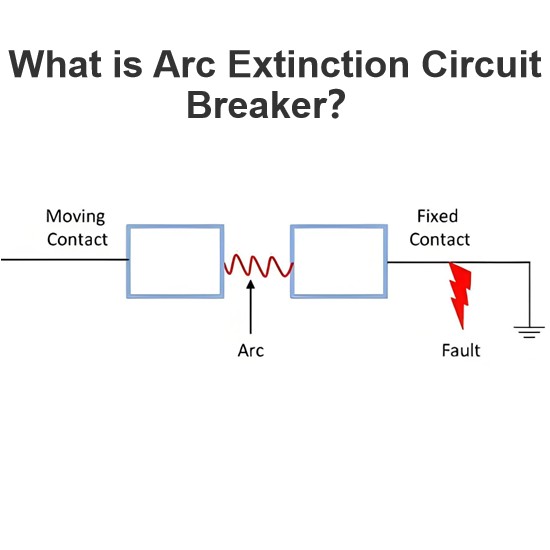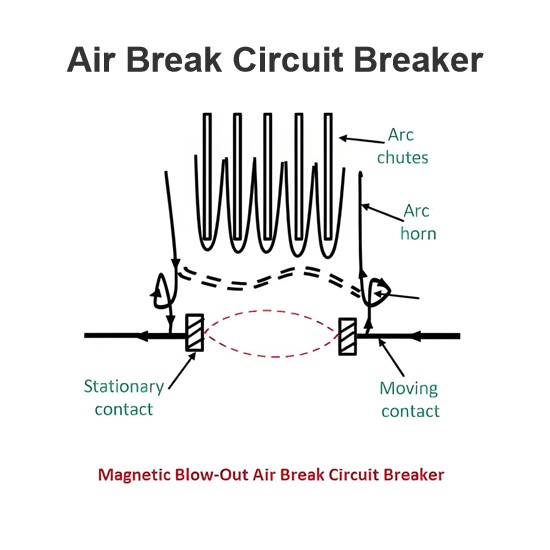What is the difference between a polymeric insulator and a disc insulator?
Differences Between Polymer Insulators and Disc Insulators
Polymer insulators and disc insulators are two common types of insulators that differ in materials, structure, performance, and application. Here are their main differences:
1. Materials
Polymer Insulators
Materials: Typically made from composite materials such as silicone rubber, epoxy resin, or other synthetic materials.
Advantages: Excellent pollution flashover resistance, aging resistance, and UV resistance. Lightweight and easy to install.
Disc Insulators
Materials: Usually made from ceramic materials (such as porcelain) or glass.
Advantages: High mechanical strength, heat resistance, and long service life, suitable for harsh environments.
2. Structure
Polymer Insulators
Structure: Generally have a monolithic design with one or more sheds, providing a large creepage distance between the sheds.
Design: The shed design effectively increases the creepage path, reducing the risk of pollution flashover.
Disc Insulators
Structure: Composed of multiple disc-shaped units connected in series, with air gaps between each disc.
Design: The disc structure provides a long creepage path, but air gaps can lead to dust and contamination accumulation.
3. Performance
Polymer Insulators
Pollution Flashover Resistance: Excellent, suitable for use in heavily polluted environments.
Aging Resistance: Good, resistant to aging even when exposed to sunlight and atmospheric conditions for long periods.
Weight: Light, facilitating transportation and installation.
Mechanical Strength: Relatively low, but sufficient for most applications.
Maintenance: Simple maintenance and easy cleaning.
Disc Insulators
Pollution Flashover Resistance: Moderate, requiring regular cleaning and maintenance, especially in heavily polluted areas.
Aging Resistance: Good, but long-term exposure to harsh conditions may result in cracks or aging.
Weight: Heavy, making installation and transportation more difficult.
Mechanical Strength: High, capable of withstanding significant mechanical loads.
Maintenance: Requires regular inspection and maintenance to ensure performance.
4. Applications
Polymer Insulators
Application Fields: Widely used in transmission lines, substations, railway electrification systems, and other applications, particularly in areas with severe pollution, high humidity, and salt fog.
Typical Applications: High-voltage transmission lines, substation feeders, surge arresters, etc.
Disc Insulators
Application Fields: Widely used in high-voltage transmission lines, substations, industrial equipment, and other applications requiring high mechanical strength and heat resistance.
Typical Applications: High-voltage transmission lines, substation feeders, high-voltage switchgear, etc.
5. Cost
Polymer Insulators
Cost: Higher initial investment, but lower long-term maintenance costs, potentially resulting in a lower total cost of ownership.
Disc Insulators
Cost: Lower initial investment, but higher long-term maintenance costs, potentially resulting in a higher total cost of ownership.
Summary
Polymer insulators and disc insulators each have their own advantages and disadvantages. The choice between them depends on the specific operating environment and requirements. Polymer insulators excel in pollution flashover resistance and maintenance, making them suitable for heavily polluted environments. In contrast, disc insulators offer superior mechanical strength and heat resistance, making them ideal for applications requiring high mechanical loads and heat resistance.
The Electricity Encyclopedia is dedicated to accelerating the dissemination and application of electricity knowledge and adding impetus to the development and innovation of the electricity industry.













